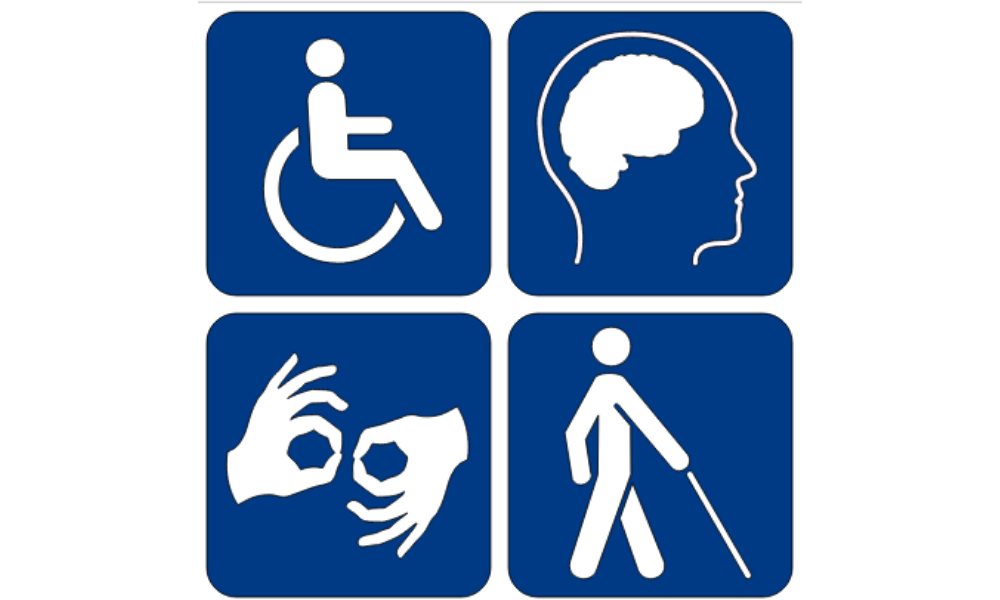
Employers have obligation to accommodate qualified candidates with disabilities under U.S. anti-discrimination laws

The U.S. Equal Employment Opportunity Commission (EEOC) has recently warned employers that a failure to hire qualified applicants because of their disability would have serious legal consequences.
Employers have an obligation to accommodate qualified applicants with disabilities under the country’s anti-discrimination laws, as it comes with society’s expectations that businesses would promote inclusivity and diversity in the workplace.
In a recent case, health care provider North Memorial Health failed to hire an applicant who is deaf because of her disability and also failed to provide her with reasonable accommodation. The EEOC said the employer violated civil rights law. Consequently, the former recently filed a lawsuit against the latter in Minnesota.
According to the lawsuit, the applicant applied for a greeter position in July 2020. The employer operates two hospitals, various specialty and primary care clinics, urgent and emergency care facilities and medical transportation services throughout the Twin Cities metropolitan area.
Read more: California corporate diversity law struck down
In a media release, the EEOC said that the applicant was qualified for the position and “could perform the essential functions of the job,” which included “greeting visitors, communicating COVID-19 masking standards and policies, giving directions and keeping the area tidy and welcoming.” But the employer failed to accommodate and hire the applicant because of her disability.
The EEOC said that the employer’s alleged conduct violates the Americans with Disabilities Act of 1990 (ADA), as amended, noting that it is “unlawful to discriminate against, fail to hire, and fail to accommodate qualified individuals with disabilities.”
“It’s illegal under the ADA to refuse to hire an applicant because she is deaf or hearing-impaired,” district director of the EEOC’s Chicago District Julianne Bowman said in the media release. “Discrimination against applicants with disabilities is a problem that the EEOC will continue to address vigorously,” Bowman added.
“Unfortunately, when deaf people apply for jobs, some still encounter discrimination. Some employers erroneously believe that they cannot perform the job because of their disability or discriminate against them based on myths, fears and stereotypes. The EEOC will prosecute such violations of the ADA to ensure that deaf and hearing-impaired workers are not subjected to discrimination,” EEOC’s Chicago regional attorney Gregory Gochanour said.
The EEOC filed the lawsuit in U.S. District Court for the District of Minnesota after attempting to reach a pre-litigation settlement through a conciliation process. According to the EEOC and the applicant, they seek back pay, damages and injunctive relief against the said employer.